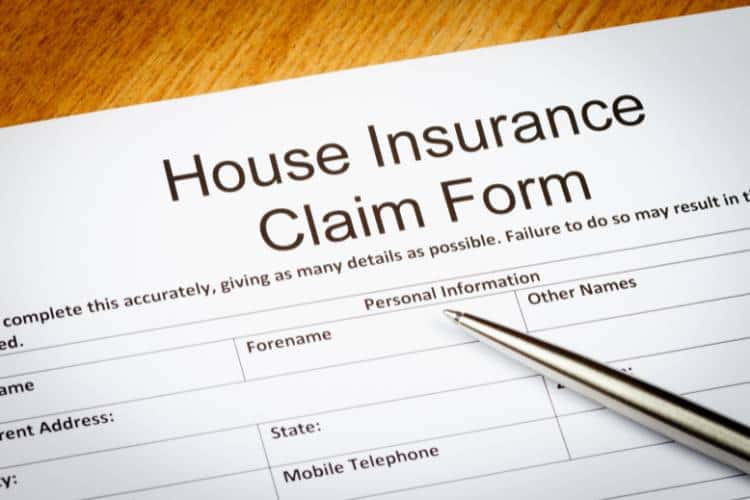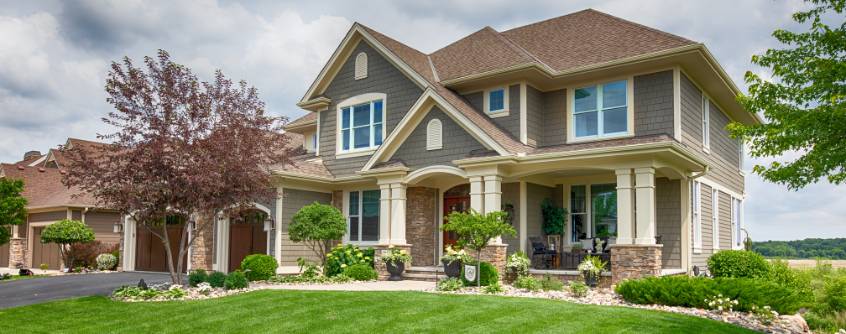Natural disasters are becoming more common by the day, but many homeowners don’t have adequate coverage to help after the smoke clears.
Before you can even think about getting a full insurance payout, you need to take multiple safety precautions before and during the disaster.
Step 1: Taking Precautions Before the Disaster
Homeowners often miss out on getting a full payout because they didn’t adequately protect themselves before the disaster occurred.
It can be difficult to weigh the risks you face, as accidents can happen at any time. However, other locations have notoriously bad weather.
For example, Florida is prone to hurricanes, meaning hurricane coverage is a must.
With that said, the insurance world is full of bad actors, so you may not get a full payout, even when it’s owed.
You can cover your losses from the hurricane by contacting an experienced local lawyer.
But conducting due diligence means more than weighing your risks. It also includes:
- Reviewing your existing policy for disaster coverage
- Checking if you need flood, windstorm, or sewer backup insurance
- Adding earthquake or volcano coverage (if you’re in Hawaii)
- Keeping your home and yard under good repair
- Knowing how your policy pays (it should cover replacement values)
- Setting aside money for your deductible
- Adding your insurance information to your emergency supplies
- Calling your insurance provider before a known natural disaster
In the end, you want to give your insurance company little reason to deny your claim.
Insurers are known for not paying out, so be prepared to fight for what your insurance should grant you.
Step 2: Protecting Yourself During the Disaster
During a disaster, your number one priority should be protecting yourself and your family.
There isn’t a lot you can do while the disaster is happening, so wait until everyone is safe and sound.
Use these tips to get the most out of your insurance when it’s safe to do so:
- Keep your insurer’s contact information on you at all times
- Contact your insurer to let them know what’s happening and how to be contacted
- Ask your insurer if catastrophe units are coming
- Take pictures or videos of your home (or ask a friend to do it if you aren’t there)
- Secure your property from further damage once it’s safe
Once you make it back to your home, the real work begins.
You obviously have emotional work and should seek the right kind of support you need for that.
Getting your mind right can have a large impact on moving forward in the steps to get things moving in your favor.
Consider booking a professional cleaning service now, if you have the funds, because a lot of people will need to use one.
Step 3: How to Make a Claim After the Disaster

If you prepare and have the right coverage, you’ve already done the bulk of the work.
Swift action is really important, but mistakes at this point can be quite costly, so tread carefully.
It’s important not to just assume everything will fall into place. Also, that whoever you’re working with will be on top of things in your best interest.
Here’s how to get a full-insurance payout after a natural disaster:
- Take pictures, contact your insurance provider, and speak to the claims department
- Ask for a copy of your policy and keep all receipts for repairs, hotels, and dining out
- Don’t start cleaning until the adjuster sees your house and gives you an estimate
- Ask for copies of the estimate report and consider negotiating your final claim
- Fill out the claim form with a list of damaged items (look into how this process works)
- Don’t use insurance money to pay contractors upfront (you could be flagged for fraud)
- Keep paying your insurance premiums, or your insurers could deny your claim
In 2021, it cost the United States $152.6 billion to recover from 20 natural disasters, and we’ll likely experience a continuing upward trend.
By staying informed, paying your premiums, and selecting the right disaster coverage, you can get the most out of your insurance policy.

